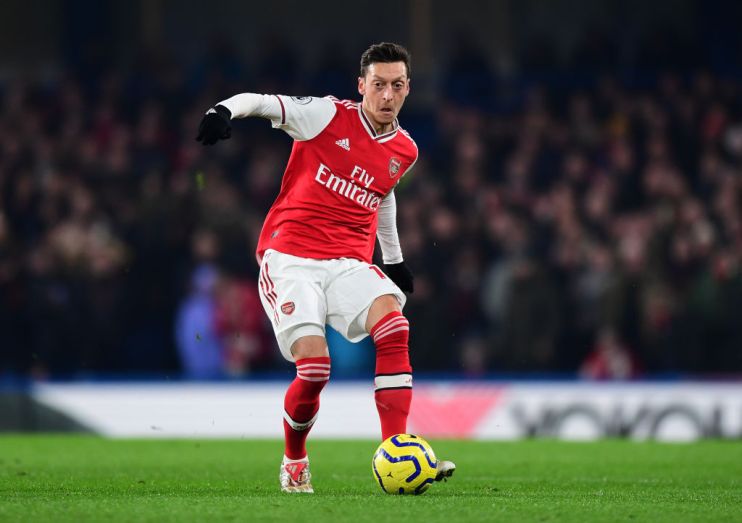Mesut Ozil: Arsenal exit raises questions about player power and at what point clout becomes baggage

The case of Mesut Ozil – signed to rapture and fanfare, ushered out the door to relief all round – is a very modern transfer tale.
After Arsenal pulled off the surprise signing of Ozil in summer 2013, shirt sales increased 12-fold and tickets at Emirates Stadium became even harder to come by.
The club weren’t just buying a world-class player, they were acquiring a global brand, and all the concomitant commercial benefits.
Manchester United took that phenomenon to new heights when they brought Paul Pogba back from Juventus in a world record transfer three years later.
Both players have had their moments, but their transfers are likely to be remembered for profile more than achievement.
Ozil will be known for his later marginalisation as much as his early assists. Pogba is currently enjoying a good spell but his reintegration has been bumpy.
The problem with buying players who are in effect mega-brands is that clubs are borrowing clout. And, as with any borrowing, there is a degree of selling out.
Suddenly, the balance of power tips in favour of the player. And in a sense the transfer becomes too big to fail.
The club has put itself under immense pressure to make the deal work. Not only has it invested vast sums of money, they cannot omit Ozil or Pogba without creating negative publicity.
And so great is the reach and influence of elite footballers that clubs risk being pitched into a PR battle with their star names unless they are kept happy.
Sorry divorce
So we have seen Ozil liven up his last few months at Arsenal by creating a sideshow on Twitter.
Highlights included offering to pay for the club not to lay off Gunnersaurus and saying how much he missed Arsene Wenger just as current manager Mikel Arteta was under intense pressure.
To some, it looked like a ploy to embarrass the club, perhaps as a means of accelerating an exit.
Only Ozil can say, but his new-found loquaciousness was certainly a change from a player who rarely gave post-match interviews at Arsenal.
Functional clubs don’t tend to have this problem because they ensure that they remain bigger than – or, at any rate, not in competition for influence with – any player.
At Liverpool, Manchester City, Bayern Munich, there is no superstar casting a shadow on their every result or decision.
Paris Saint-Germain, whose success has come despite their dysfunctional nature, meanwhile, are in thrall to both Neymar and Kylian Mbappe.
In a post-Covid world, will clubs think twice before committing to mega transfers that leave them a hostage to fortune?
Perhaps it is just an element of football in the social media era that is here to stay.
The sorry divorce between Ozil and Arsenal, however, ought to make some consider the point at which clout becomes baggage.
